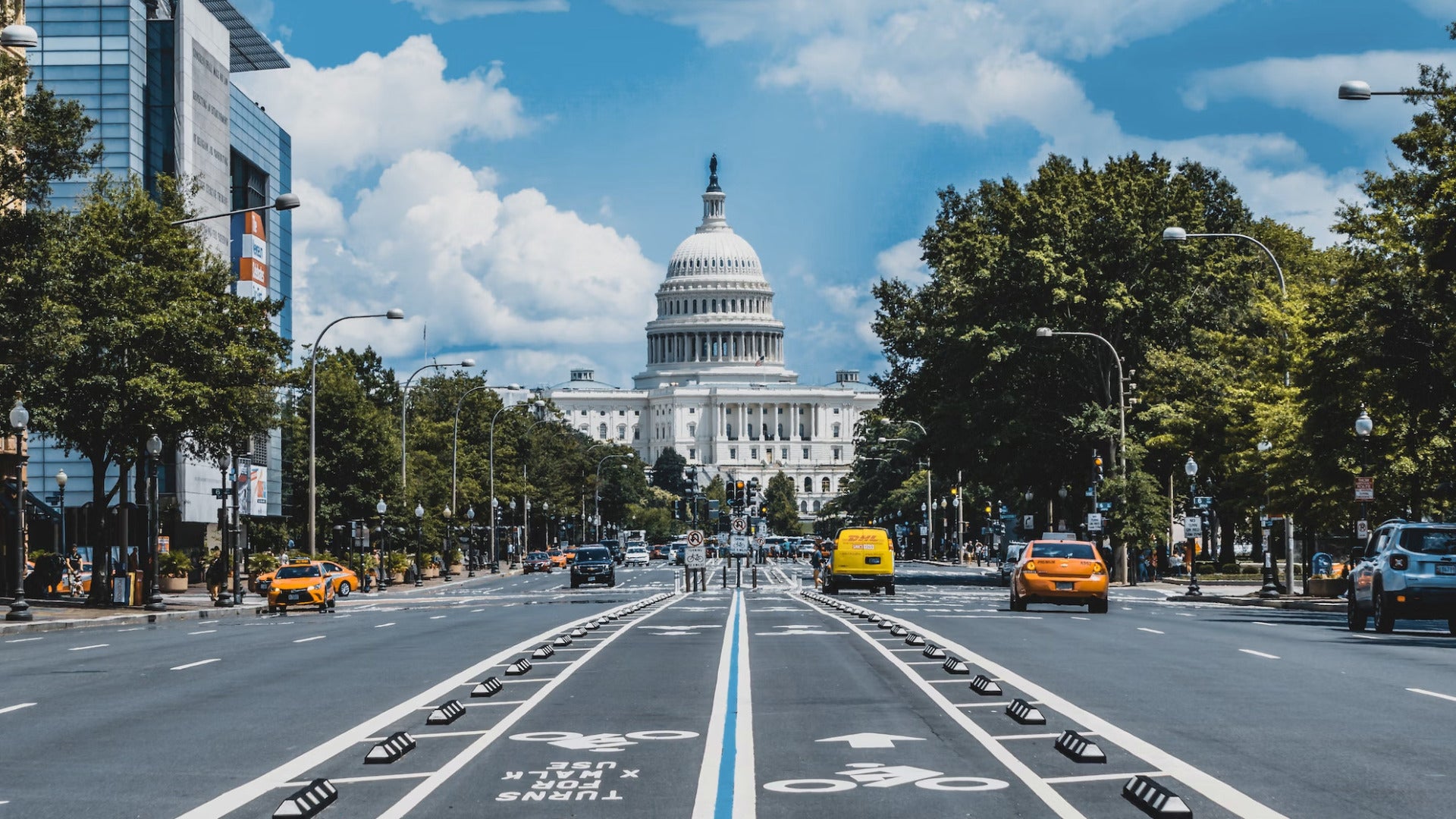What do singer Rihanna, climate activist Greta Thunberg, actress Susan Sarandon, and football player JuJu Smith-Schuster have in common? They, and a growing number of celebrities and public figures, have expressed their support for what has been called the largest protest in world history: a multi-faith, multi-caste, multi-generational movement being led by over 100,000 Indian farmers.
For the past several months, farmers from across northern India have camped outside the Indian capital of New Delhi, protesting three recently passed laws that they see as opening India’s agricultural sector to exploitation by private corporations. The farmers are peacefully calling on the Indian government to repeal these laws, and have been met with water cannons, barbed wire, and Internet shutdowns. Images of unarmed farmers being brutalized by police are reminiscent of last year’s Black Lives Matter protests, in which nonviolent protesters marching for racial justice often faced tear gas and police violence.
But why should Americans, particularly those of us who are invested in strengthening pluralism and democracy, care about what’s happening in India?
Just as Americans are grappling with fundamental questions of what it means to live in a multi-religious, multi-ethnic, multi-racial democracy, so are Indians. The farmers’ protests represent the possibility of an inclusive, multi-faith, multi-generational movement for justice in India, in which women and oppressed castes are playing an important role. And, notably, this movement has been led by a religious minority.
Those of us who care about inclusive democracy and pluralism in the US have much to learn from India’s farmers protests, and much to heal within our own society.
Sikhs make up less than 2 percent of India’s population, but they form the majority in Punjab, the state which is known as “India’s breadbasket” and is home to many of the protesting farmers. Simran Jeet Singh, a member of IAP’s Powering Pluralism Network, writes that “Protest is not new to Sikhs; rather, it permeates Sikh history, past and present.” And indeed, many of the protesters are inspired by their Sikh faith. In line with the Sikh tradition of langar, they have constructed makeshift kitchens that provide hot meals to anyone in need, and they have been celebrating Sikh festivals at the protest sites.
However, Sikhs and the Indian government have had a tense relationship—in 1984, thousands of Sikhs were killed in pogroms in New Delhi, after Indian prime minister Indira Gandhi was assassinated by her Sikh bodyguards. As a reaction to the farmer protests, Hindu nationalists have been calling for the “need to repeat 1984,” and the Indian government and media have referred to the protesters as “terrorists” and “anti-national.” This is unnervingly similar to how right-wing media in the United States brand American Muslim activists and politicians as “terrorists,” “jihadis,” or “radicals.”
The earliest Sikh communities settled in America over one hundred years ago, and there are around 500,000-700,000 Sikhs living in the US today. For many American Sikhs, some of whom are farmers or whose relatives in India are farmers, these protests have felt deeply personal.
India’s farmers have been protesting for months, and there seems to be no end in sight. Nevertheless, from an American perspective, it is been inspiring to see the rise of a multi-faith, multi-generational movement in India amidst rising polarization and government suppression. Hindus for Human Rights, a progressive Hindu organization, has released several statements in support of the farmers, and Rev. Joseph D’Souza, archbishop of the Anglican Good Shepherd Church of India and president of the All India Christian Council, has written “May we learn from this great struggle for human dignity in India, and may this be the year where we strive to heal what has been broken.” Those of us who care about inclusive democracy and pluralism in the US have much to learn from India’s farmers protests, and much to heal within our own society.
I want to end with a poem spoken by a Muslim man who joined the farmer protests a few weeks ago. When interviewed by a Punjabi news channel, he recited this poem in Urdu:
Sheher bhi tumhara hai, sarkar bhi tumhara hai
Tum jhoot ko sach likh do, akhbar bhi tumhara hai
Ghamon ka daur aur nahi chalne wala,
Khoon-e-mazloom aur nahi behne wala
In andheron ka jigar cheer kar noor aayega
Tu agar Firaun hai, toh Musa bhi zaroor aayega
English translation:
The city may be yours; the government may be yours.
Write down lies as truth—the newspapers are yours.
But this era of sorrows will not last much longer.
The blood of the oppressed will not flow much longer.
Ripping apart the heart of this darkness, light will come.
If you are Pharaoh, then Moses will surely come.
Further Reading:
- Alisha Sahay, Let’s talk about India’s farmer protests, Mic
- Mujib Mashal, Emily Schmall and Russell Goldman, Why Are Farmers Protesting in India? The New York Times
- Sunny Shergill, Meet the women behind the Indian farmers’ protests, Al Jazeera
- Amandeep Sandhu, Left, Khaps, Gender, Caste: The solidarities propping up the farmers’ protest, The Caravan
- Taran Deol, Why Nodeep Kaur, Dalit labour activist part of farmer protest, is behind bars for a month now, The Print
- Sandeep Singh, ‘We Are One’: Why Punjab’s Landless Dalits are Standing with Protesting Farmers, The Wire
- Summer Sewell, ‘This has to end peacefully’: California’s Punjabi farmers rally behind India protests, The Guardian
- Claire Wang, For many Sikh Americans, India’s new farm laws hit close to home, NBC News
- Savita Patel, ‘We Felt Hopeless & Wanted To Go To Delhi’: Punjabi Farmers In US, The Quint

